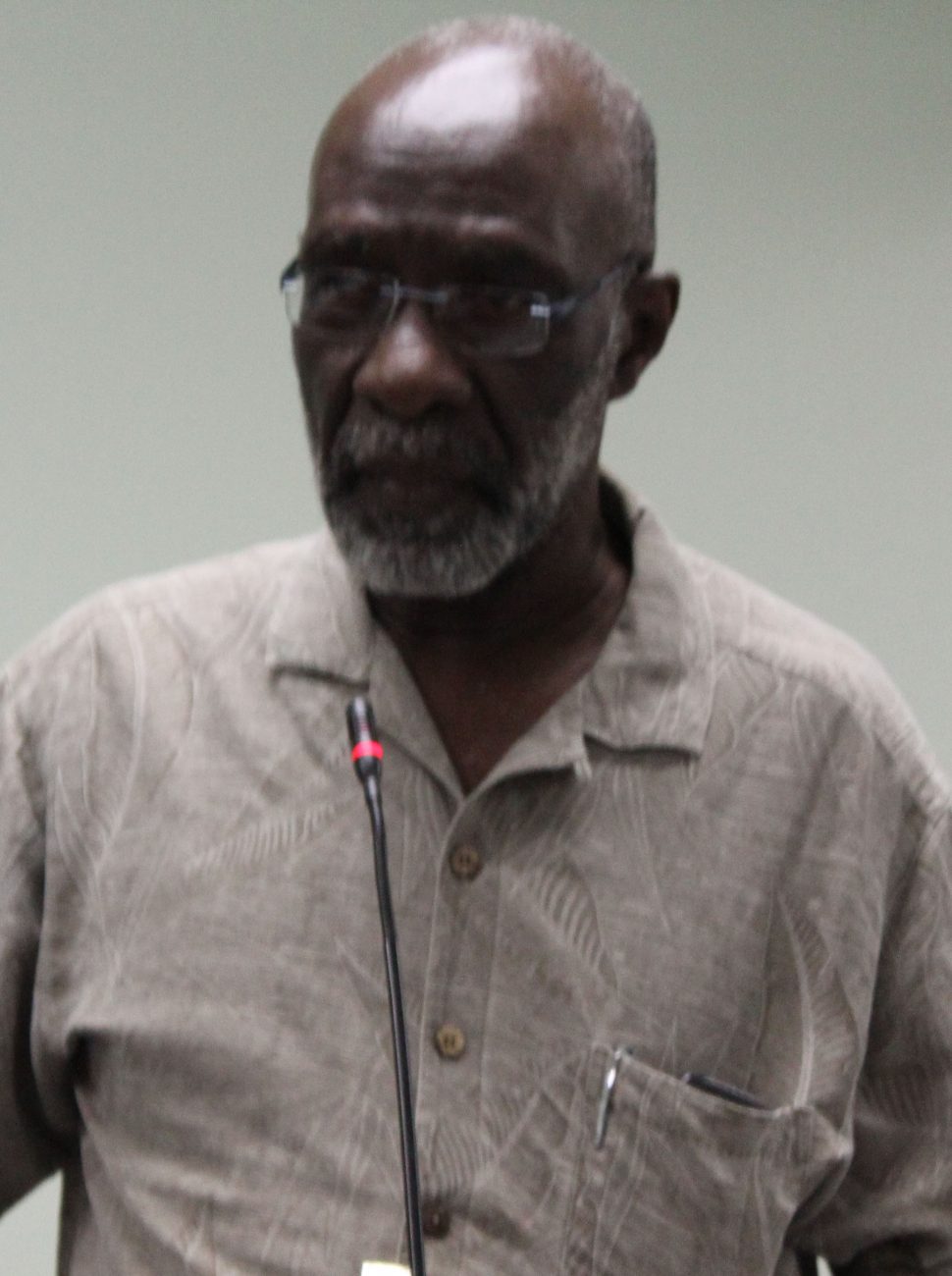The Guyana Elections Commission (GECOM) has denied a request from oil company, ExxonMobil for its offshore workers to be granted proxy votes.
The decision has been criticised by government-appointed GECOM commissioner, Vincent Alexander.
“I am of the conviction that the law relating to proxies is applicable to Exxon workers. The decisions so far represents a disenfranchisement of those workers and possible voter suppression,” Alexander told reporters on Tuesday.
According to Alexander while there was no actual vote at GECOM, the Chair as well as the opposition agreed to deny the approximately 300 workers the right to vote via proxy.
Alexander had told reporters last week that the oil company had written to the commission to enquire whether its staff was eligible to vote via proxy. In the absence of a proxy approval the company would be forced to stop operations on March 2 to allow those employed to travel to their place of poll.
Section 30 of the Representation of the People Act states that persons whose employment relate to Election Day activities either in the disciplined services or on the direction of a returning officer as well as those who are physically impaired can vote via proxy.
They may authorise someone listed on the same List of Electors to vote on their behalf at the same polling station but this is subject to the approval of the RO, who must investigate the veracity of their claims. The RO is usually accompanied by party scrutineers who examine all evidence presented in support of a proxy application and signs as having agreed with the RO’s assessment.
There is precedent of the commission allowing persons employed outside of their voting district who are not polling day staff or physically impaired to vote via proxy.
In 2018, the vote for the Mabaruma town council was marred when it was revealed that at least two persons had been granted proxies for the same voters.
Stabroek News understands that the APNU scrutineer was absent for several of the investigative visits carried out by the RO in Mabaruma and, therefore, did not sign some of the approvals.
Chief Election Officer (CEO) Keith Lowenfield has since acknowledged that the commission staff was at fault in the granting of controversial proxies.
“The GECOM officer was at fault and the commission has since took action,” Lowenfield told a press conference. He did not indicate what action was taken.
Last November an investigation found that the procedures for the approval of proxies were breached during the voting process in Mabaruma.
Stabroek News understands that more than 100 approvals were granted for proxy voters by Registration Officer (RO) Ganesh Seecharran but a significant number of these have come under scrutiny. Seecharran apparently told investigators that he was “only trying to help.”






